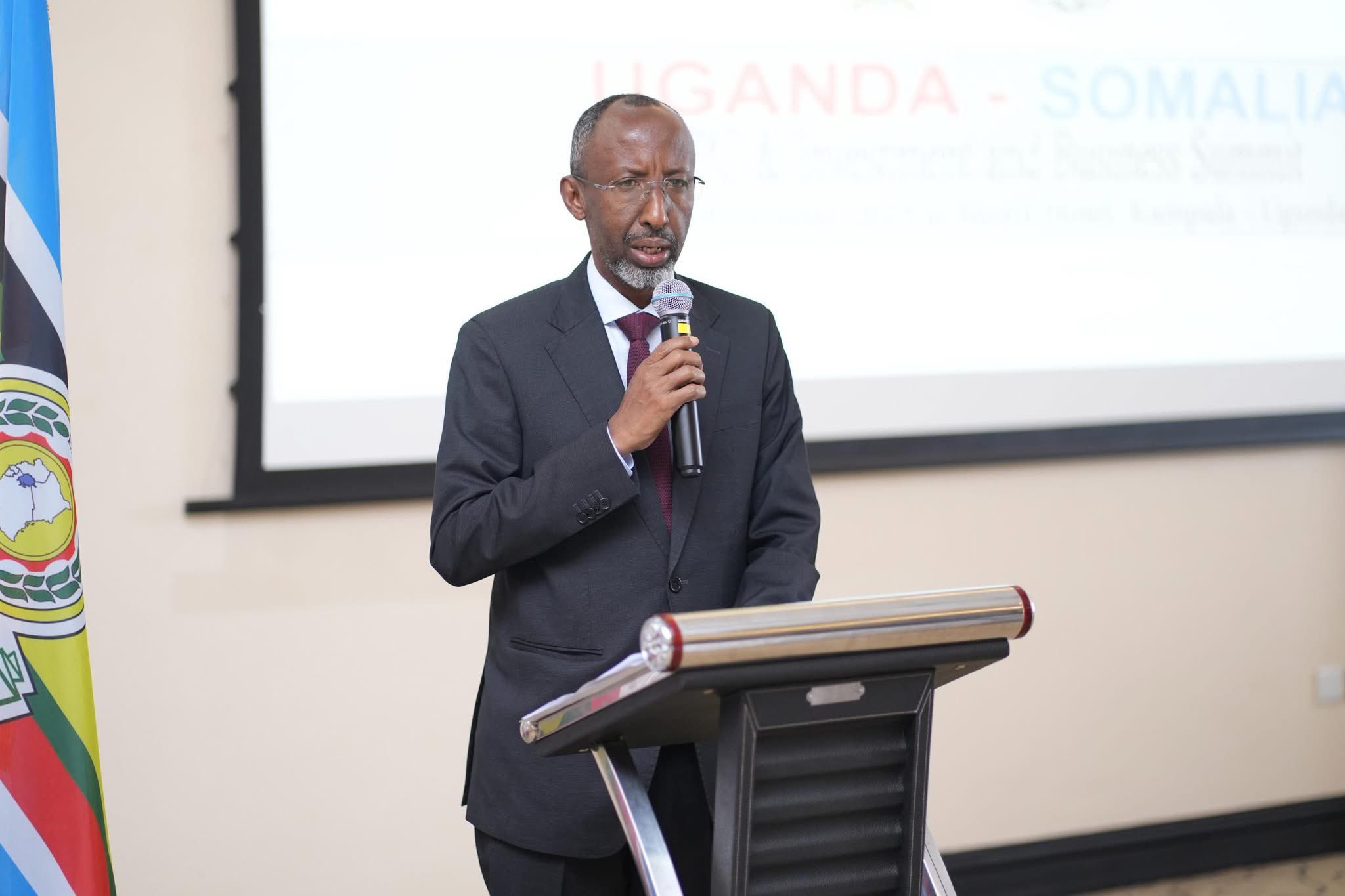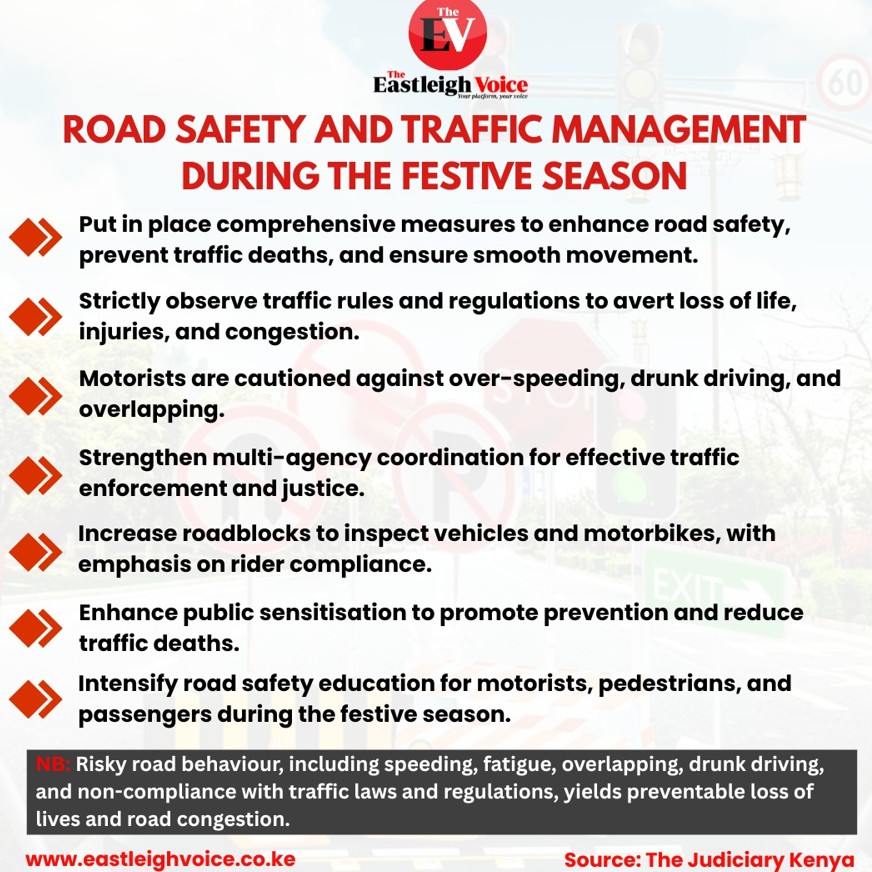Famine declared in Sudan as war, economic collapse push millions to the brink

A UN-backed food security panel has confirmed famine in parts of Darfur and Kordofan, warning that millions of Sudanese are facing starvation as war, economic collapse, and aid blockades devastate entire regions.
Famine has been confirmed in parts of Sudan for the second time in less than a year, with millions facing extreme hunger as war and economic collapse devastate the country, the Integrated Food Security Phase Classification (IPC) has warned.
In a special snapshot released on Monday, the IPC’s Famine Review Committee reported that famine conditions (IPC Phase 5) are currently unfolding in El Fasher, the capital of North Darfur, and in Kadugli, South Kordofan. Similar conditions are believed to be occurring in nearby Dilling, where insecurity has made data collection impossible.
More To Read
- UN Secretary-General condemns ‘horrific’ drone strike on peacekeepers in Sudan
- Nine dead, 17 injured in RSF drone strike on Sudan’s Dilling military hospital
- UN chief alarmed by drone strike killing over 30 Sudanese civilians
- Sudan war: Aid teams say deal struck to reach stricken El Fasher
- UK sanctions Sudan’s RSF commanders over atrocities amid ongoing conflict
- South Sudan deploys forces to secure Heglig oil field after Sudan RSF capture
El Fasher has endured an 18-month blockade by the Rapid Support Forces (RSF), cutting off vital food and supplies for tens of thousands. The RSF’s takeover of the city last week has been followed by reports of large-scale violence and civilian deaths, though poor communication has made it difficult to verify the full toll.
Kadugli faces a similar siege, with residents trapped for months as fighting continues between the RSF and the Sudanese army for control of the region.
According to the committee, famine conditions are expected to persist through January 2026, warning that starvation, acute malnutrition, and deaths are already occurring.
Widespread human suffering
“Since 26 October, the change in control of El Fasher town has resulted in widespread human suffering and further displacement towards Tawila and other neighbouring areas, exacerbating humanitarian needs in and around El Fasher,” the snapshot reads.
“Uncertainty surrounding the evolution of conflict heightens the risk of Famine, particularly in 20 areas expected to receive displaced populations across North, South, and East Darfur, as well as West and South Kordofan.”
The IPC estimates that as of September 2025, about 21.2 million people—nearly half of Sudan’s population—were facing severe food insecurity (IPC Phase 3 or higher). Of these, 6.3 million were in emergency conditions (Phase 4) and 375,000 were in catastrophic famine conditions (Phase 5).
Although overall figures have dropped slightly since late 2024 due to improved humanitarian access in parts of Khartoum, Al Jazirah, and Sennar, the IPC said food security has collapsed in most of Greater Darfur and Greater Kordofan due to ongoing fighting.
“In September, a staggering 3.6 million people in these regions faced Emergency (IPC Phase 4) and nearly 370,000 faced Catastrophe (IPC Phase 5)—accounting for 98 per cent of the total population in this phase nationwide,” IPC said.
Upcoming harvests
While upcoming harvests may offer slight relief, the IPC warned that improvements will be limited in North Darfur and the Nuba Mountains because of continued violence and displacement. By early 2026, the number of people in crisis or worse conditions is projected to remain above 19 million.
“During the post-harvest and pre-lean season (February–May 2026), acute food insecurity is projected to worsen slightly as food stocks deplete and conflict intensifies along frontlines,” the IPC noted.
“An estimated 19.1 million people (41 per cent) are expected to face IPC Phase 3 or above, including 4.9 million people (11 per cent) in IPC Phase 4 and 146,000 people in IPC Phase 5.”
The IPC cited soaring food prices, currency collapse, and blocked aid routes as key drivers of the crisis, urging unrestricted humanitarian access to famine-affected areas and a nationwide ceasefire.
“Only a cessation of hostilities can prevent further loss of life and help contain the extreme levels of acute food insecurity and acute malnutrition,” the IPC said.
Top Stories Today














































